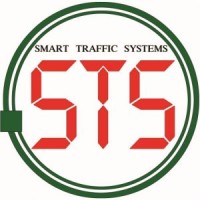
Luna Technologies
Luna Technologies is a Portland-based cannabis extraction equipment manufacturer that develops fully automated hydrocarbon extraction equipment. The Luna team, fueled by backgrounds in aerospace engineering, large-scale cannabis cultivation, and pharmaceutical engineering, aimed to create the world’s most advanced extractor: the IO Extractor. The IO has set the industry standard for safety, efficiency, and ease of use, reducing risk of operator error with a simple touchscreen interface and reducing noxious emissions compared with competing extractors.






